As a safety service outsourcing company to the oil & gas industry, Telelink has learned from our customers that certain forces in the market make outsourcing an ideal way to reduce costs and lean operations. Now more than ever, as oil prices fall, organizations are feeling the pressure to reduce costs and make due with less.
Divesting of business processes which do not fall in line with your organization's core competency can result in that same process requiring less time, money, and resources. For example, drilling companies focus on getting oil out of the ground. Hiring a team of professionals to run an internal lone worker monitoring centre for field staff will cost more in terms of time, human resources, and infrastructure than outsourcing to a monitoring partner who specializes in this work.
In the current economic environment, certain market forces are making outsourcing a more attractive and logical option than ever. Let's take a look at those forces in more detail.
Rising Costs
At present, rising costs are being driven both by cyclical factors and the effects of COVID-19. Global offshore oil and Alberta's oil sands both have high overhead costs to access the oil. With the price of a barrel so low, the profit margin has shrunk considerably for companies that must deal with high operational costs. This not only impacts upstream organizations with investments in these areas, it also has a huge impact on service companies who now find themselves with fewer projects to execute, and intense pricing pressure from their customers.
Perhaps your organization is in this situation and is performing non-core business processes internally, which is cutting into profit margins and stunting optimal productivity. Outsourcing non-core processes can greatly help an organization adjust in a period of rising costs and lower oil prices.
Shareholder Pressure
Reducing the cost of operations will be crucial if companies expect to maximize value for their stakeholders. Many shareholders are pressuring energy sector companies to cut back on expenditures, and focus on buying back shares and increasing dividends. This renewed focus on lowering spending has put oilfield services companies and equipment manufacturers under pressure to control costs and lower pricing. As upstream organizations continue to squeeze contractors to lower costs, oilfield services companies will need to further increase operational efficiency as well.
According to CGI, companies that outsource and measure progress have reported 30 to 50 % reduction in administrative and general costs. This is due to outsourcing reducing a company's internal headcount, meaning less spent on wages, benefits and office resources. All of which are music to a shareholder's ears.
Human Resources
One of the largest costs to any organization is that of its employees. Outsourcing can be a way of finding great talent without having to hire an individual to do the job internally, which is associated with more long-term overhead costs. Outsourced partners or suppliers are experts in their fields, and you can cost share them with other organizations availing of their services.
It's not easy or cheap to find knowledgeable high-level employees for your organization, especially in an industry with a depleting talent pool. In many cases, your organization doesn't require a full-time employee or large team. A well-seasoned outsourcer is able to provide insight and advice needed to rejuvenate aging business processes, all without breaking the bank. Sourcing, selecting, retaining and training employees in an in-house centre can be a long, arduous and expensive process. Companies that specialize in providing quality-outsourced support have the employee base with the knowledge and skills to provide proper service and support.
In today's world of economic volatility, cutting back on expenditures and personnel is an unfortunate reality for many organizations. In industries such as Oil & Gas, it is crucial to ensure these cutbacks do not affect corporate values, such as employee safety. Staffing cuts have reduced many 24/7 dispatch and supervisory teams, those most often responsible for monitoring drivers and lone workers, to regular business hours leaving many overnight employees exposed to unnecessary risk. Outsourcing life-saving systems such as lone worker monitoring and journey management can lighten the Health and Safety load, and reduce the number of incidents.




Post a Comment